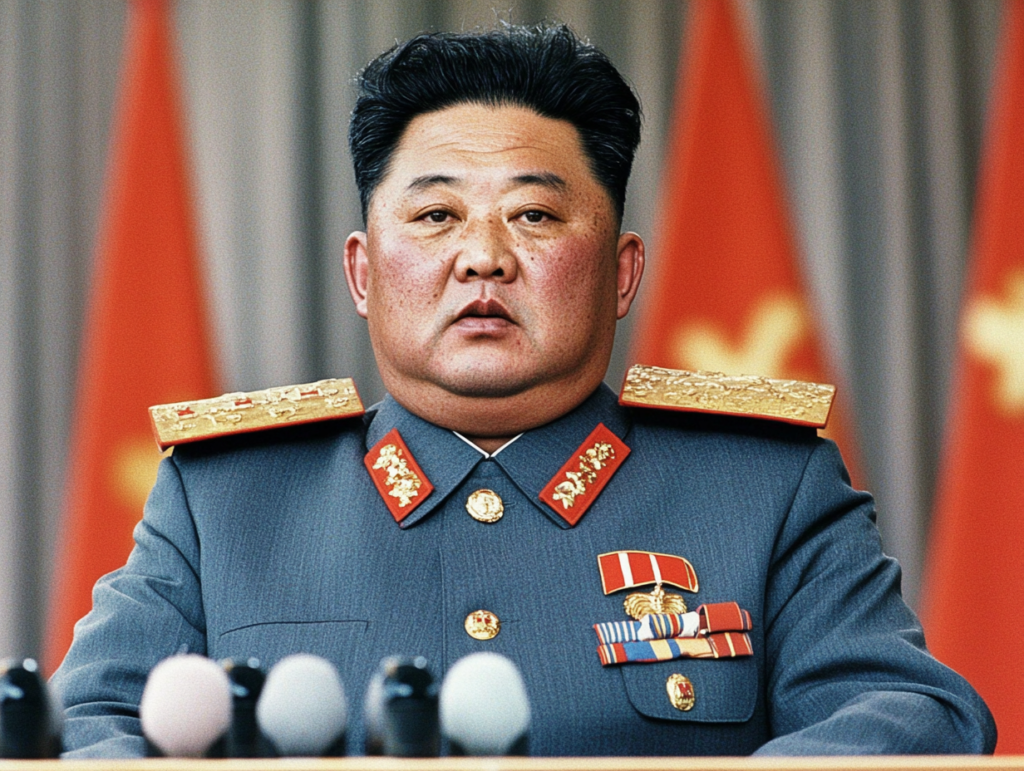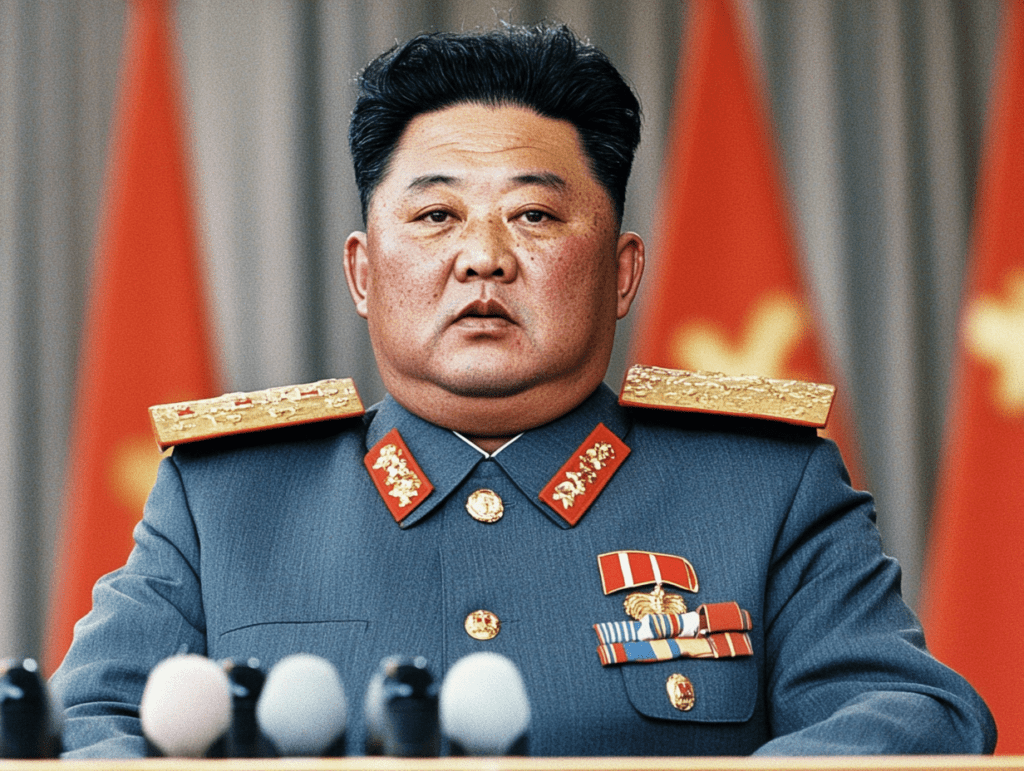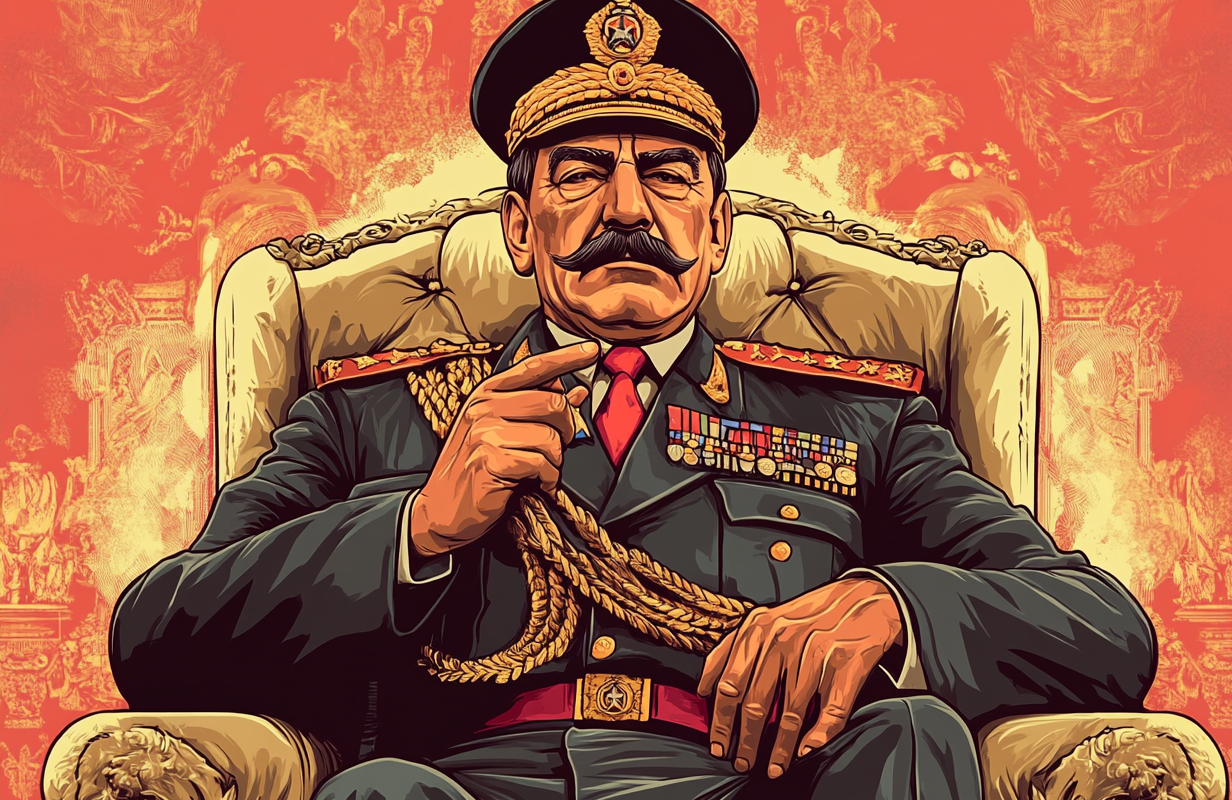What is a dictator, and what drives the allure of absolute power? How do dictators reshape the political and social landscapes they dominate? This post explores the intricate systems of control underpinning authoritarian governance, tracing its evolution from historical precedents to modern manifestations, and examining the far-reaching consequences for societies caught in its grip.
Dictators: Unraveling the Complexity of Authoritarian Governance
Political power represents a profound and intricate spectrum of human organizational capability, with dictatorships emerging as one of its most complex and destructive manifestations. The journey of understanding dictatorships requires a nuanced exploration that transcends simple categorizations, delving deep into the historical, sociological, and psychological landscapes that enable and sustain authoritarian control.
The Essence of Dictatorial Power
At its core, a dictator represents far more than a mere political leader. These individuals — often demagogues — are architects of comprehensive systems of control, systematically dismantling institutional safeguards and reconstructing societal frameworks to serve their singular vision of governance. Unlike democratically elected leaders constrained by robust institutional checks and balances, a dictatorship operates through a sophisticated network of power consolidation that penetrates every aspect of social and political life.
The hallmark of dictatorial governance lies not just in the concentration of power, but in the systematic elimination of alternative power structures. These leaders do not simply rule; they fundamentally reshape the entire landscape of political possibility, creating environments where opposition becomes not just difficult, but potentially life-threatening.


